30 Soothing Skincare Tips for Dry Skin
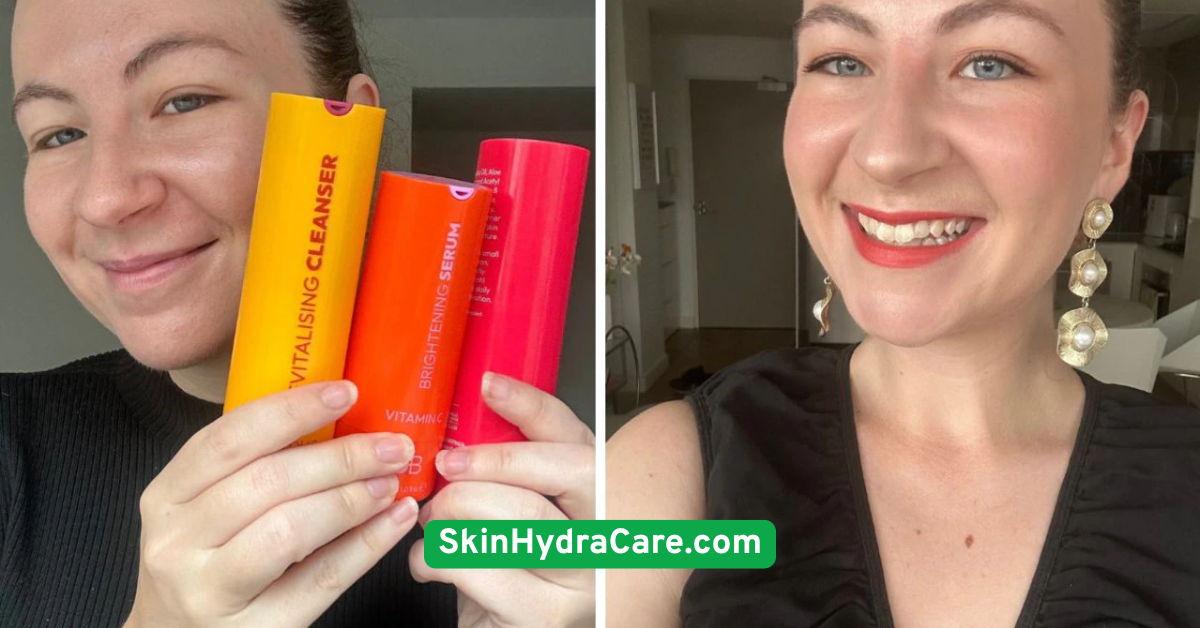
1. Use a Cream-Based Cleanser
Your first skincare step matters. Cream-based cleansers are perfect for dry skin because they clean without stripping. Unlike gel or foaming cleansers, which often contain harsh surfactants, cream formulas use gentle emollients and moisturizing agents like glycerin and ceramides to clean and comfort at the same time. Your skin should feel refreshed—not tight—after washing.

2. Avoid Hot Showers
That steamy shower may feel incredible, but it’s actually drying out your skin. Hot water strips away the skin’s natural oils, leading to increased transepidermal water loss (TEWL). Stick to lukewarm water, and keep showers short—under 10 minutes is ideal. Your skin will retain more moisture and feel less irritated afterward.

3. Apply Moisturizer to Damp Skin
Timing is everything! The best time to moisturize is immediately after cleansing—when your skin is still slightly damp. This technique locks in hydration and allows your cream or lotion to seal the water into your skin. Think of it as trapping a dewy glow inside.
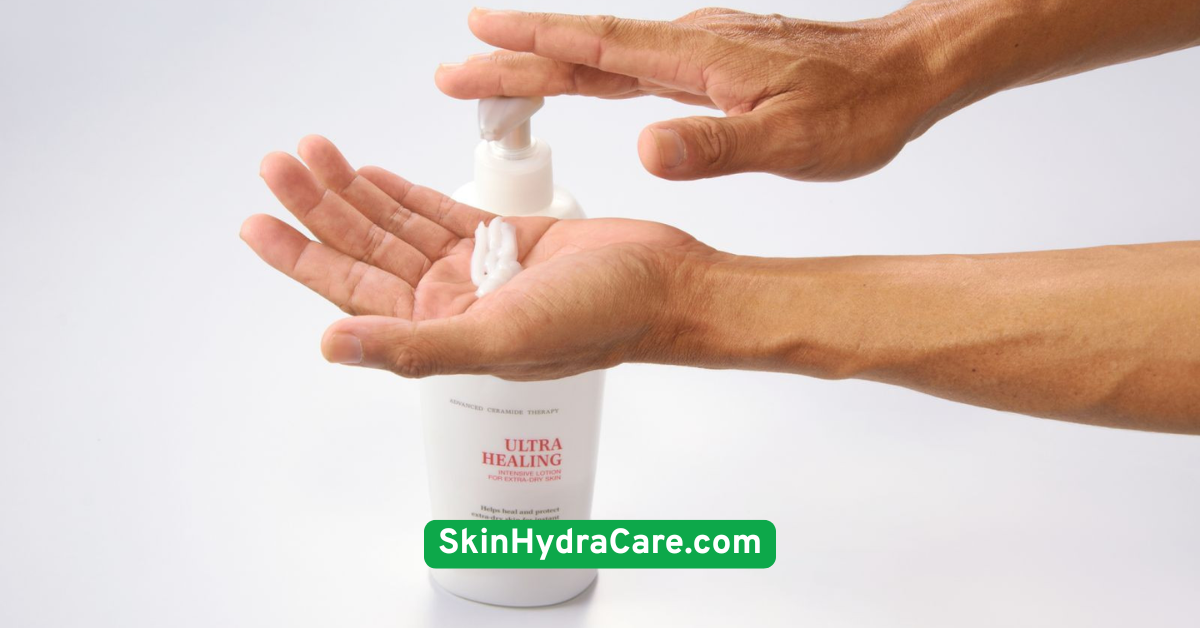
4. Choose a Rich, Fragrance-Free Moisturizer
Fragrances, even natural ones, can be irritating to dry, sensitive skin. Go for thick, fragrance-free moisturizers that contain nourishing ingredients like shea butter, petrolatum, squalane, or ceramides. These help repair and rebuild the skin barrier over time, giving lasting relief from dryness.
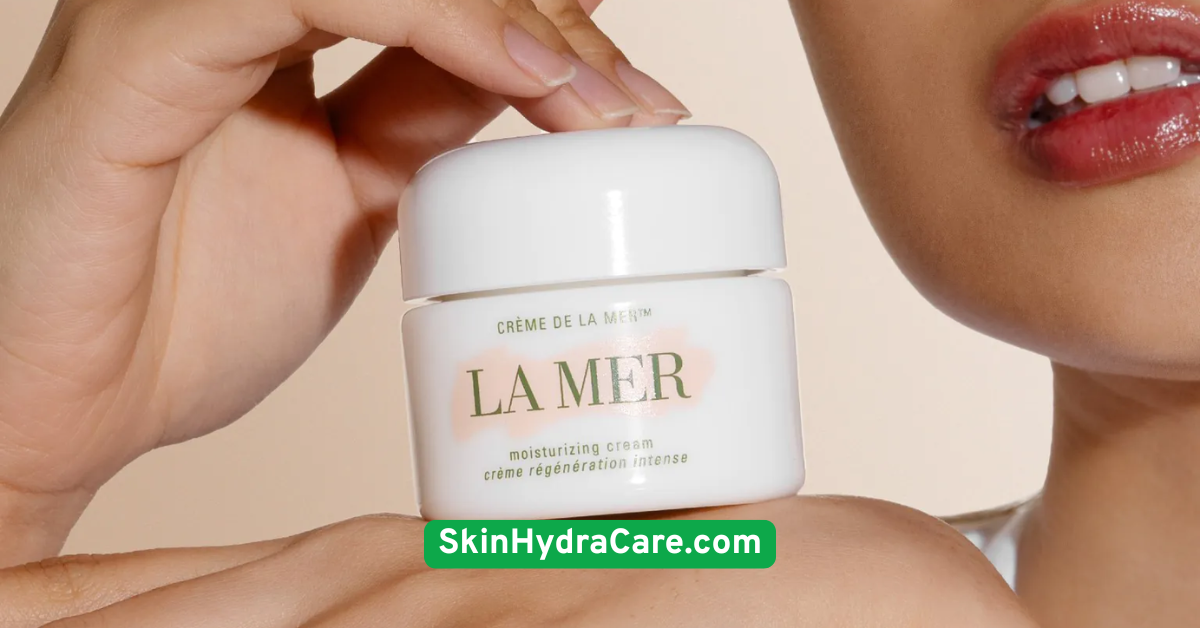
5. Use Humectants Like Hyaluronic Acid
Humectants draw moisture into the skin from the environment or deeper layers of the dermis. Hyaluronic acid is a superstar humectant, but don’t forget glycerin, panthenol, and aloe vera—all effective at boosting hydration. Layer a hydrating serum before your moisturizer for best results.
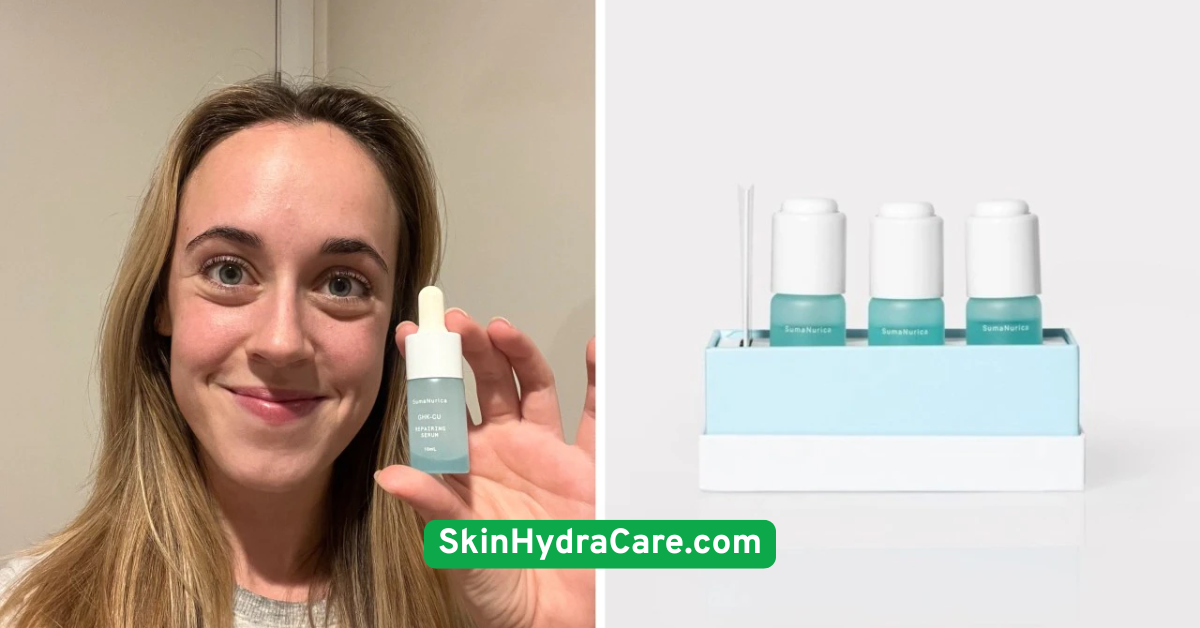
6. Layer with Occlusives Like Petroleum Jelly
An occlusive acts like a lid on a pot—it prevents moisture from escaping. If your skin feels dry no matter how much you moisturize, apply a thin layer of petroleum jelly or thick balm over your moisturizer at night. It seals everything in and gives your skin time to heal.
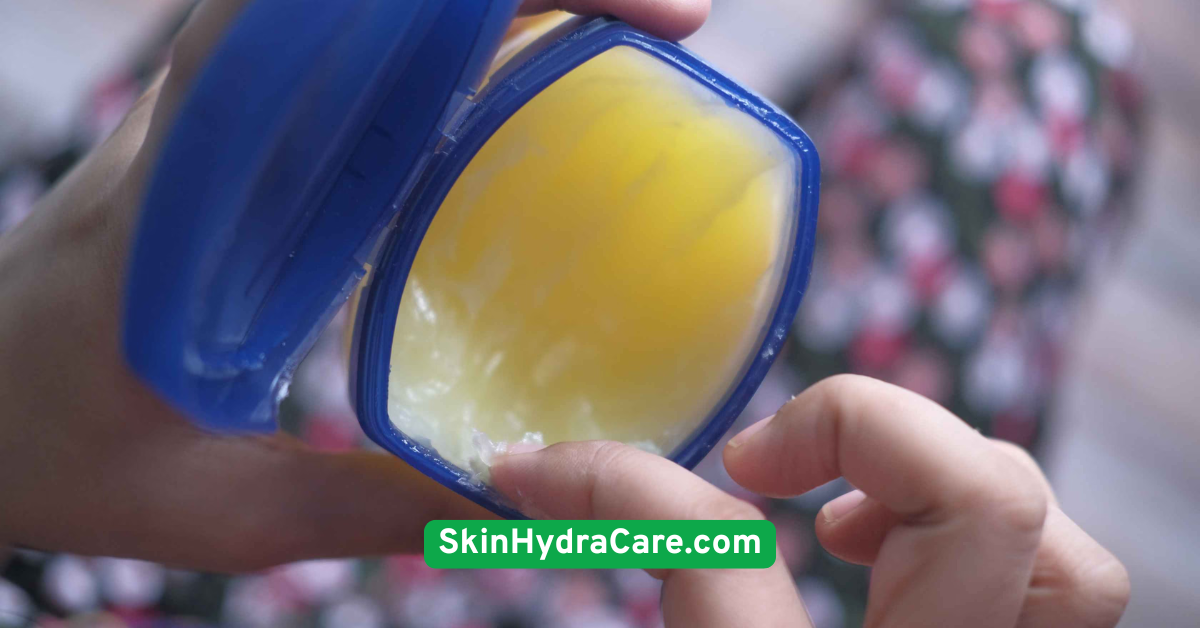
7. Use a Humidifier in Your Bedroom
Dry indoor air—especially during winter or in air-conditioned spaces—can worsen dry skin. A cool mist humidifier adds moisture to the air, helping your skin stay hydrated while you sleep. It’s a small investment with big skin benefits.
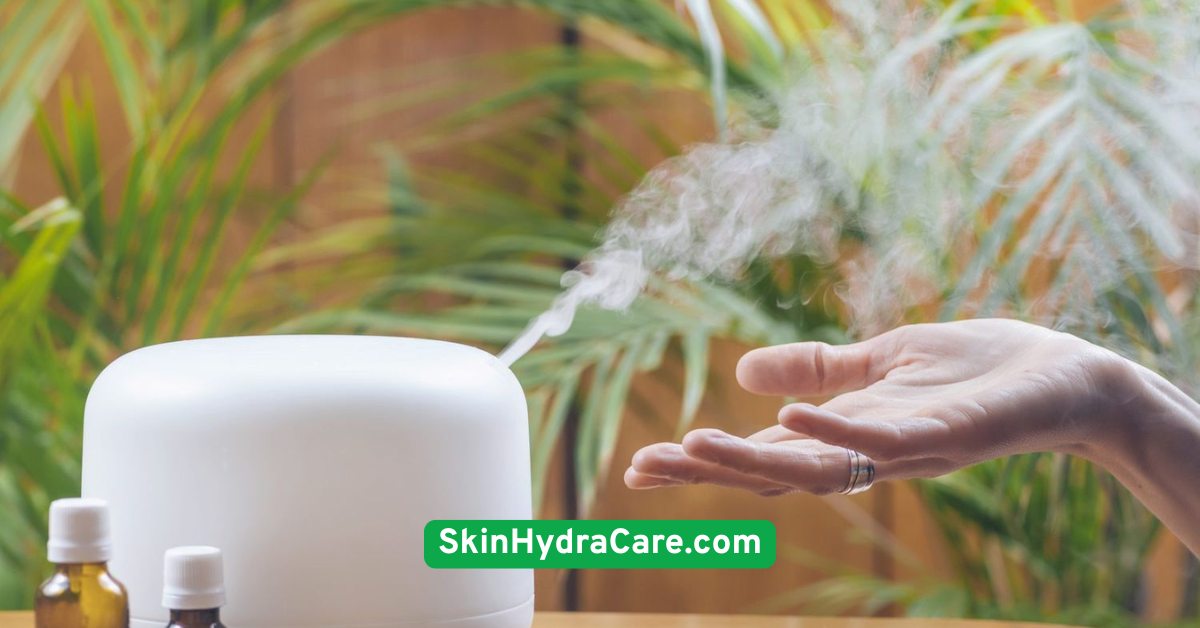
8. Exfoliate Gently Once a Week
Exfoliating helps remove the dead skin cells that can make dry skin look dull and flaky. But don’t overdo it! Use gentle chemical exfoliants like lactic acid or enzymes instead of harsh scrubs. Once a week is usually enough to encourage cell turnover without irritating the skin.

9. Drink Plenty of Water
Healthy skin starts from within. Drinking enough water helps support skin elasticity, flush out toxins, and maintain hydration levels. Aim for at least 8 glasses of water a day, and even more if you’re in a dry climate or highly active.

10. Avoid Alcohol-Based Toners
Toners that contain alcohol, witch hazel, or strong astringents can be extremely drying. Instead, look for hydrating toners or essences that contain ingredients like rose water, panthenol, or hyaluronic acid. These prep your skin for serums and moisturizers without irritation.
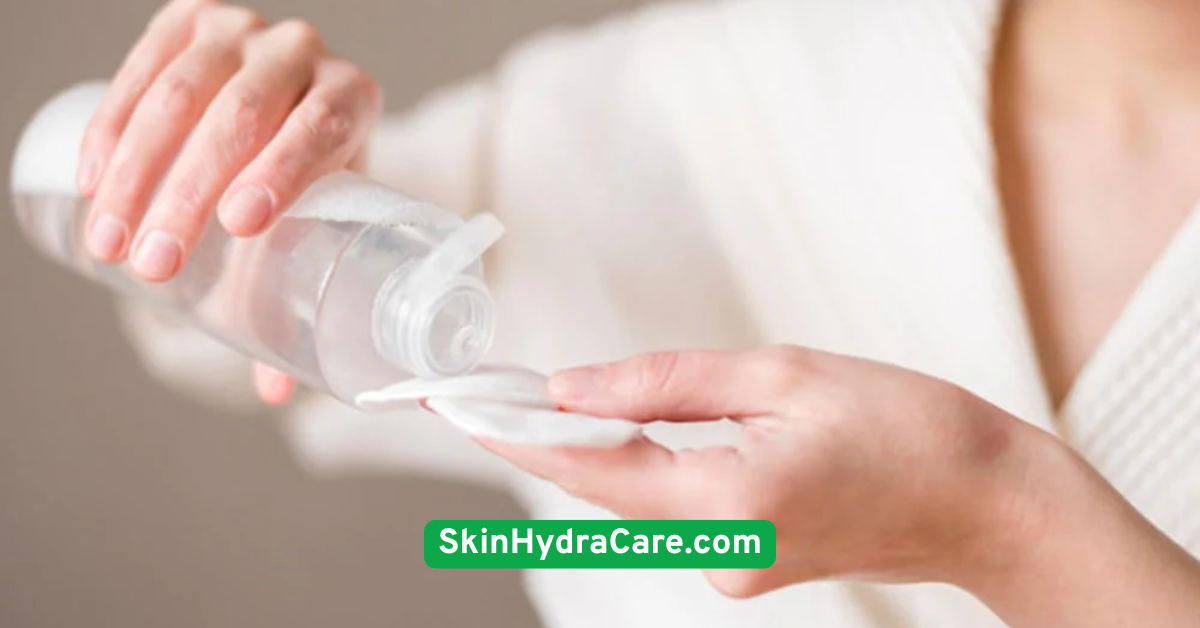
11. Incorporate Ceramides in Your Routine
Ceramides are lipids naturally found in your skin, and they’re essential for a strong, healthy barrier. Use a ceramide-rich moisturizer or serum to replenish what your skin might be missing. Think of them as the “cement” between your skin cells.

12. Try Overnight Hydrating Masks
Overnight masks are like pajamas for your face—cozy, nourishing, and healing. These masks often contain occlusives and humectants that work while you sleep, restoring your skin’s moisture balance by morning. Look for options with niacinamide, avocado oil, or sleeping pack formulas.
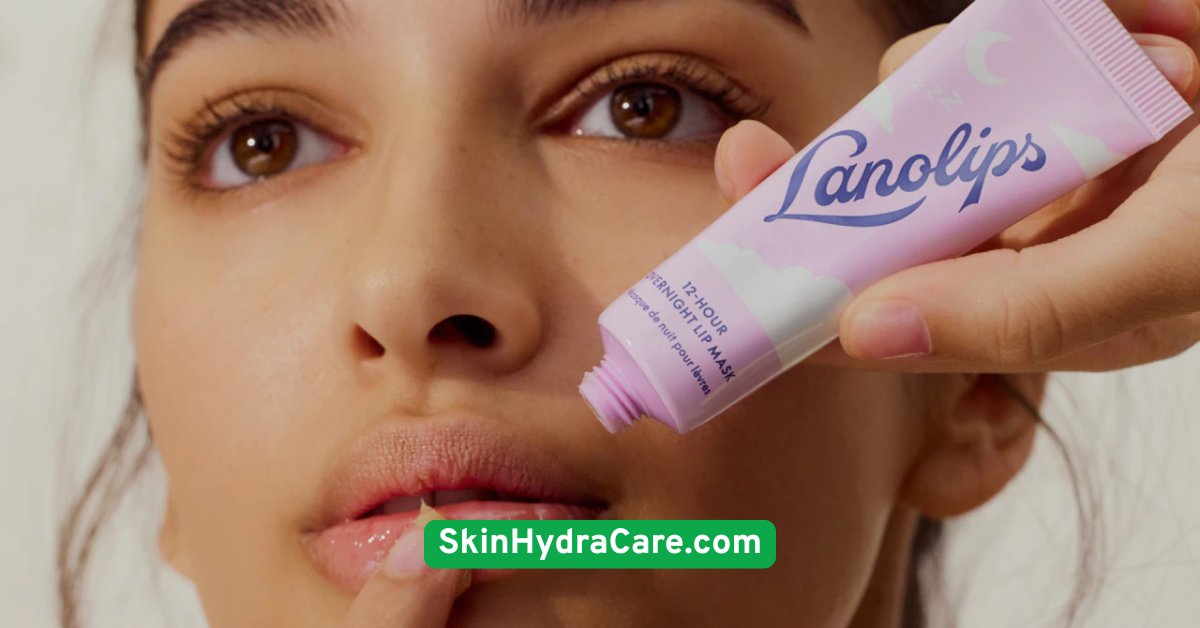
13. Avoid Harsh Scrubs
Physical exfoliants with large or rough particles (like apricot kernels or sugar scrubs) can create microtears in dry, delicate skin. These tiny wounds compromise your barrier and lead to even more dryness. Stick to chemical exfoliants or gentle enzyme peels instead.

14. Use Milk or Oatmeal Baths
A warm bath infused with colloidal oatmeal or whole milk is incredibly soothing for dry skin. Oatmeal contains anti-inflammatory and moisturizing compounds, while milk’s lactic acid gently exfoliates and hydrates. Perfect for dry legs, arms, or back!
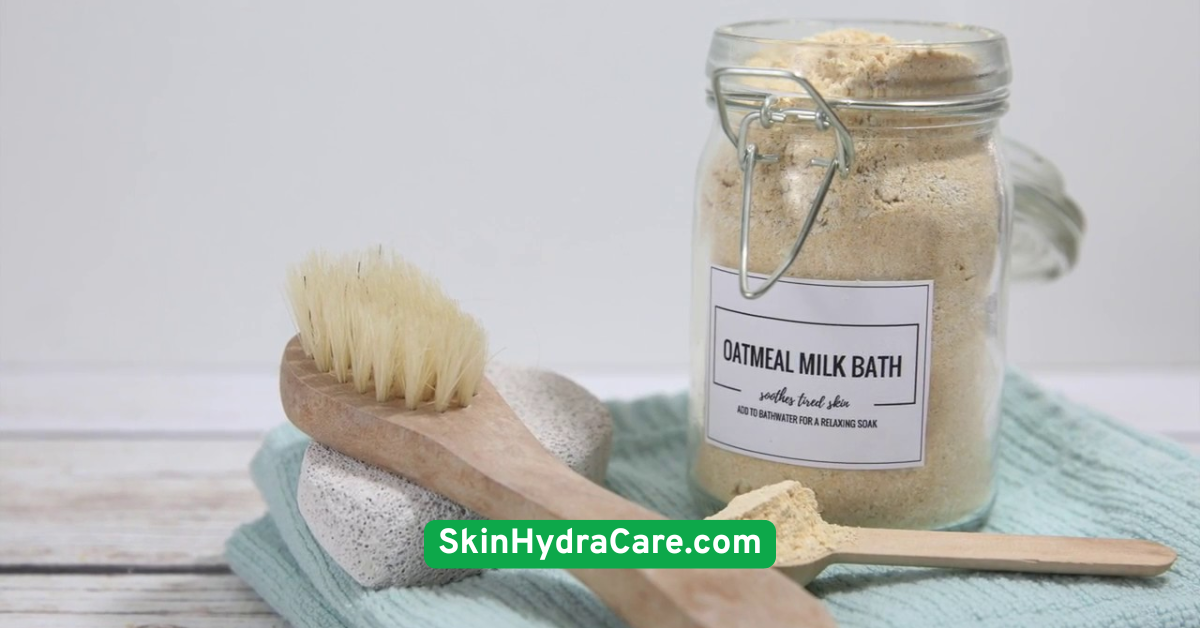
15. Apply Sunscreen Daily
Sun exposure doesn’t just cause wrinkles—it also damages your skin barrier and worsens dryness. Choose a hydrating sunscreen with SPF 30+, and make it a daily ritual, rain or shine. Look for formulas with niacinamide, vitamin E, or hyaluronic acid for added hydration.
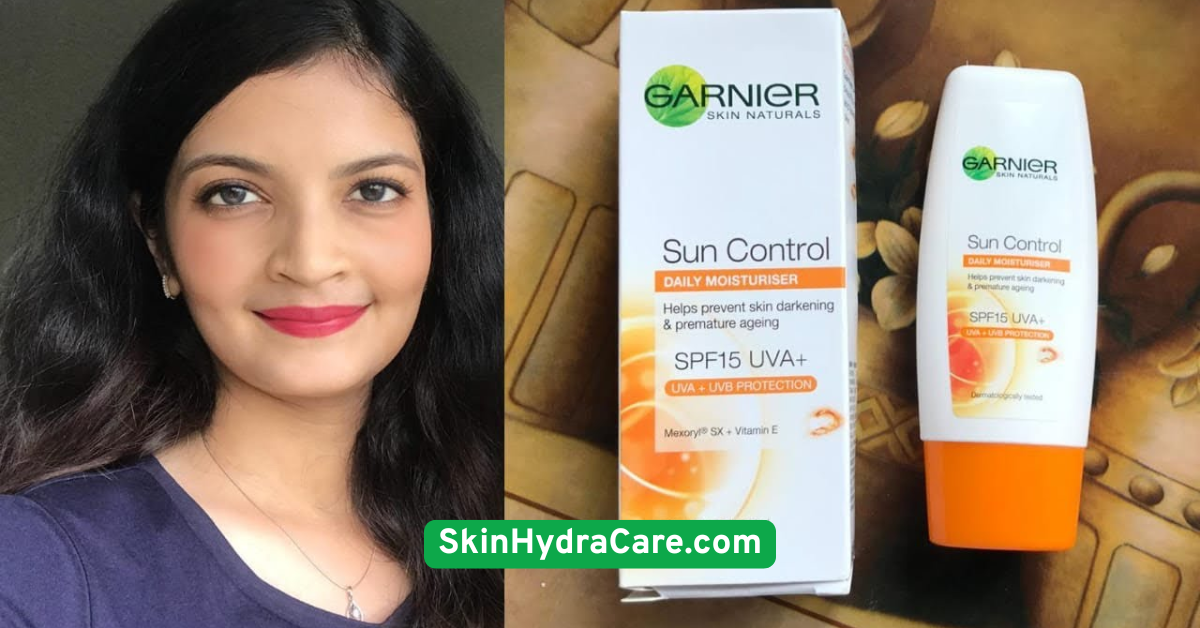
16. Avoid Long Exposure to Wind and Cold
Harsh wind and freezing temps pull moisture from your skin and leave it raw and chapped. Always cover up with a scarf, wear gloves, and use a thick barrier cream before going out in extreme weather.
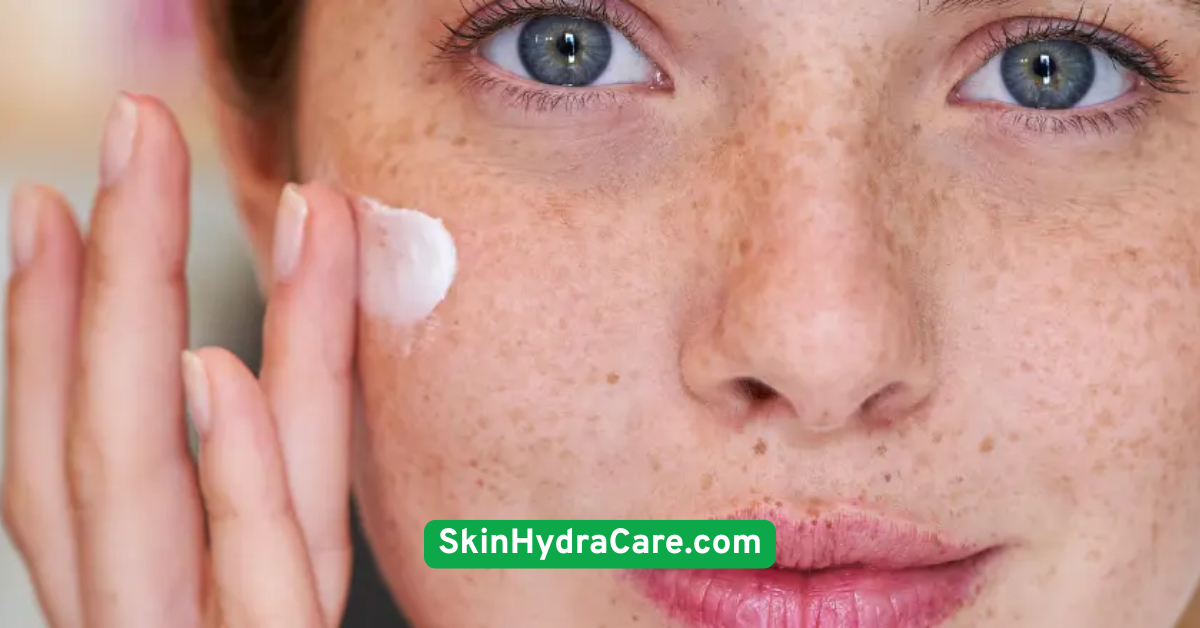
17. Use Aloe Vera Gel for Soothing Relief
Aloe vera is nature’s answer to irritated, inflamed, or sun-damaged skin. It’s lightweight yet hydrating, anti-inflammatory, and rich in vitamins. Keep a 100% pure aloe vera gel on hand to soothe patches of dry or itchy skin.
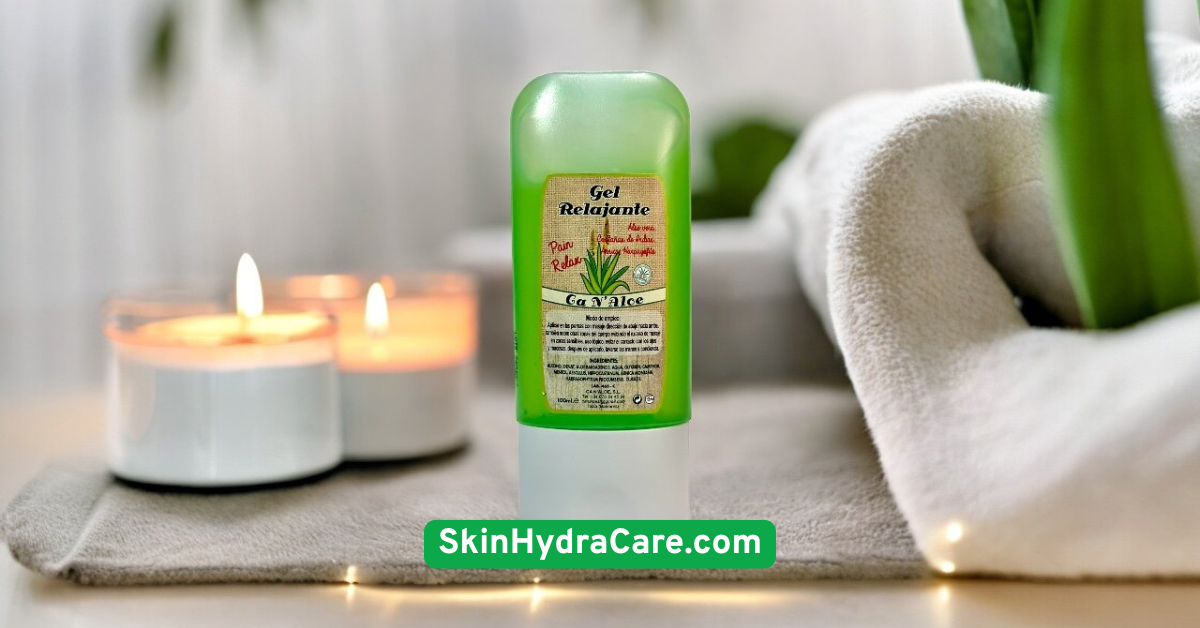
18. Look for Products with Urea or Lactic Acid
These two ingredients are hydrating and gently exfoliating. Urea is particularly good at softening thick, rough areas, like elbows and heels. Lactic acid, an alpha-hydroxy acid (AHA), helps remove dead skin cells while retaining moisture.
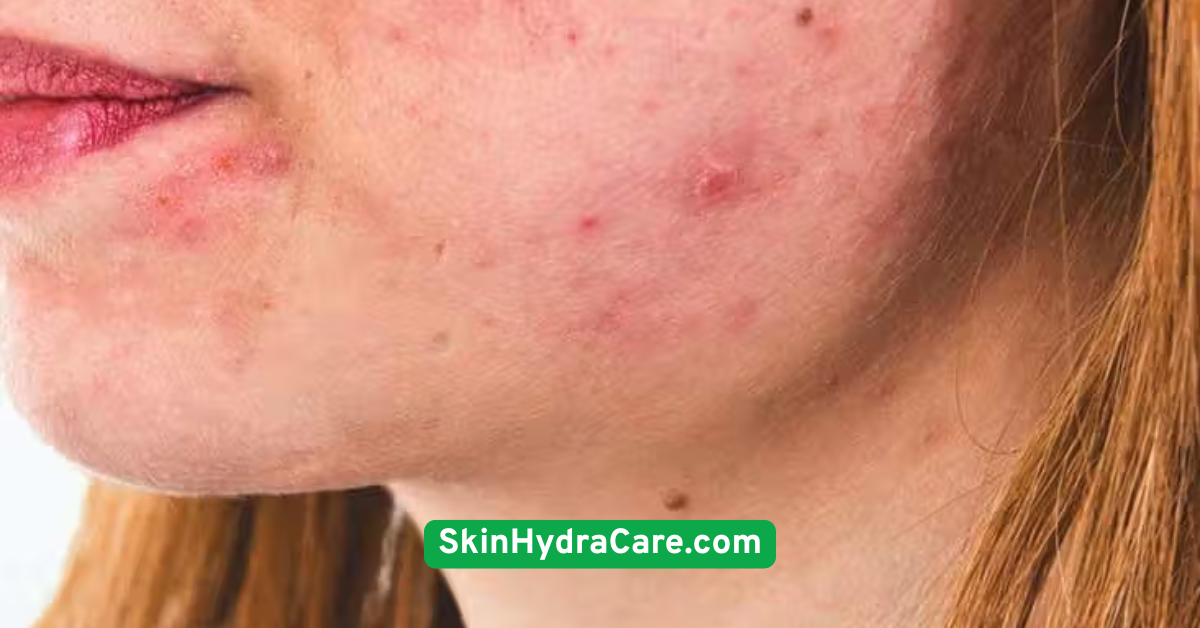
19. Don’t Overwash Your Face
Washing too often—especially with hot water or harsh cleansers—strips away natural oils. Unless you have extremely oily skin, washing twice a day is enough. If your skin is very dry, a gentle morning rinse with water followed by moisturizer can suffice.

20. Add Facial Oils to Your Routine
Facial oils can act as a moisture seal and deliver antioxidants and nutrients deep into the skin. Look for jojoba, rosehip, marula, or argan oil. Use a few drops after your moisturizer or mix into your night cream.

21. Avoid Overusing Retinoids
While retinoids are great for anti-aging, they can dry out the skin if used excessively. If you’re dealing with dryness, limit retinoid use to 2–3 times a week, and always pair with a nourishing moisturizer to buffer irritation.
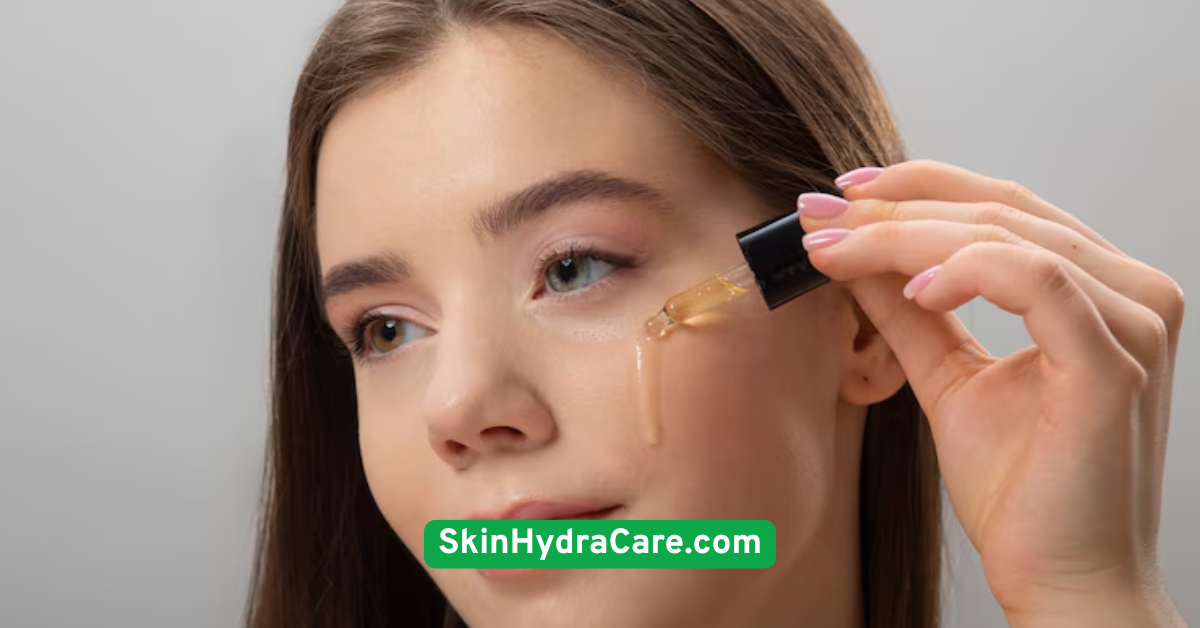
22. Protect Your Lips with a Healing Balm
Lips have no oil glands, which makes them especially vulnerable to dryness. Use a lanolin- or beeswax-based balm throughout the day, and apply a thicker ointment like Aquaphor or Vaseline at night to lock in moisture.

23. Keep a Travel Moisturizer Handy
Sometimes skin dries out on-the-go — especially in air-conditioned offices or on long flights. Keep a mini moisturizer or hydrating mist in your bag to touch up dry spots whenever needed.

24. Use Micellar Water Instead of Harsh Makeup Removers
Makeup wipes and oil-stripping removers can wreak havoc on dry skin. Try micellar water instead — it’s gentle, effective, and doesn’t require rinsing. Plus, it won’t disrupt your skin’s natural balance.
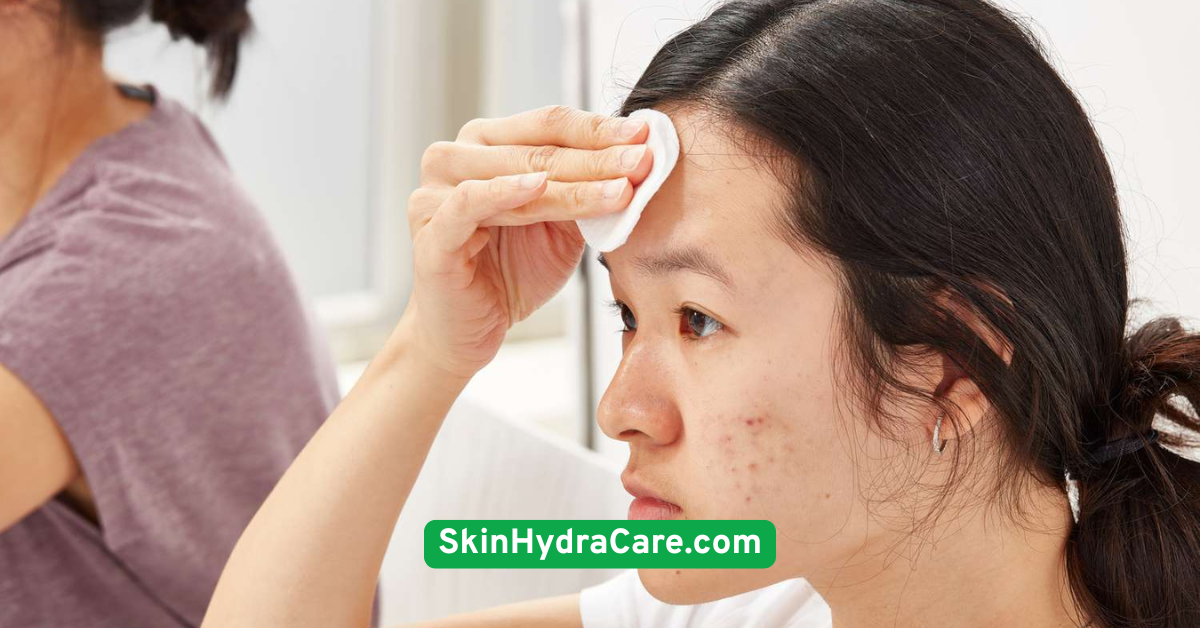
25. Avoid Products with Sulfates
Sulfates like SLS (sodium lauryl sulfate) are commonly found in cleansers, shampoos, and body washes—and they’re known for stripping oils from the skin. Switch to sulfate-free alternatives to keep your skin barrier happy and intact.

26. Add Antioxidants Like Vitamin E
Vitamin E is a powerful antioxidant that supports skin healing, soothes irritation, and enhances moisture retention. You can find it in face oils, moisturizers, and even apply it directly in capsule form.
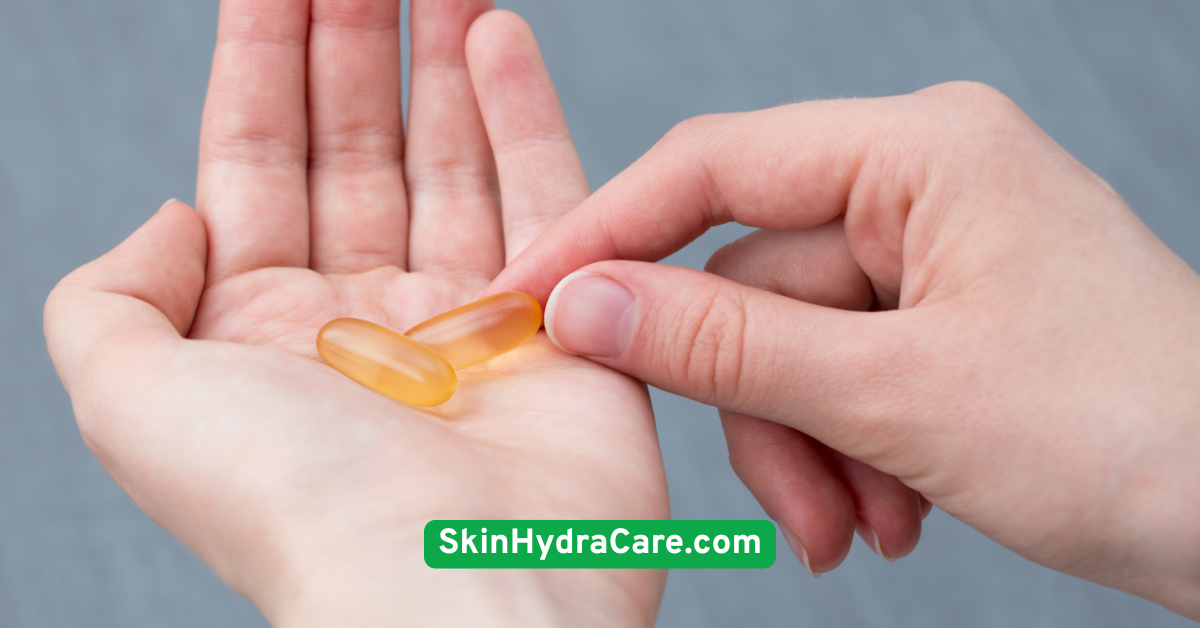
27. Don’t Skip Night Cream
Night is when your skin goes into repair mode. Applying a thick, nourishing night cream supports this process, helping you wake up to smoother, more hydrated skin. Look for ingredients like niacinamide, ceramides, and hyaluronic acid.
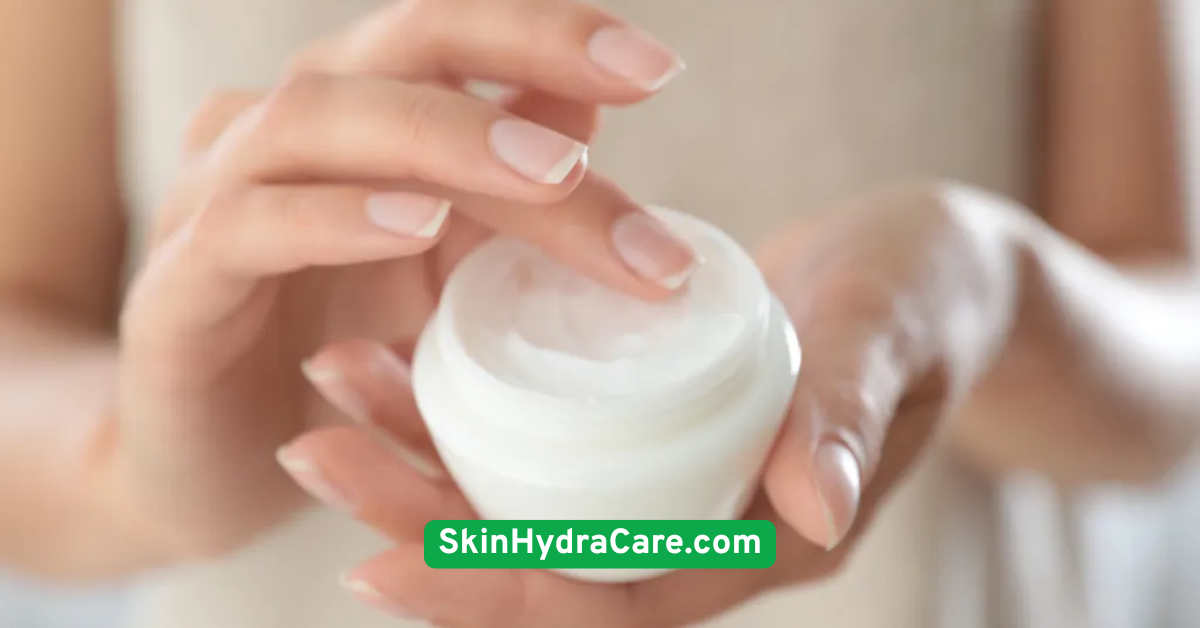
28. Pat Your Skin Dry—Don’t Rub
After cleansing or showering, avoid rubbing your skin with a towel. Instead, gently pat your skin dry, leaving a bit of dampness behind. Then, seal it in with a moisturizer. This small tweak can make a big difference!

29. Choose Natural Fabrics Like Cotton for Pillowcases
Your pillowcase can either help or harm your skin. Silk or cotton pillowcases reduce friction and are gentler on dry, sensitive skin. Some even come infused with copper or silver for extra skin benefits.

30. Be Consistent with Your Routine
The real secret to healthy, hydrated skin? Consistency. You don’t need the fanciest products or the longest routine — just a few effective habits done every day. Stick with it, and your skin will glow with gratitude.

Conclusion
Dry skin might be common, but it doesn’t have to be your forever state. With these 30 soothing skincare tips, you’re well on your way to building a skin routine that’s not only effective but enjoyable, affordable, and sustainable. From hydrating cleansers to overnight masks, from lip balms to humidifiers — each step adds up to healthier, softer skin. Ready to glow from head to toe? Start small. Pick three of these tips today. Then add more over time. Your skin will thank you — one soothing step at a time.





